What kind of monster targets a baby? The question we shouldn’t have to ask
It’s the question Australians have had to ask themselves twice in just six months after attacks on children too bafflingly cruel to be understood.
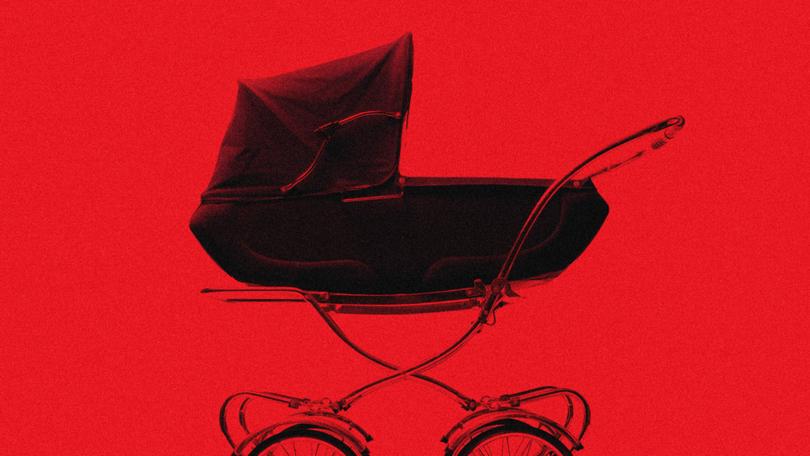
What kind of monster targets a baby?
It’s the question Australians have had to ask themselves twice in just six months after attacks on children too bafflingly cruel to be understood.
And it is a question that can leave parents, families and first responders racked with anxiety about how to protect their own child in a world where such random violence is possible.
Sign up to The Nightly's newsletters.
Get the first look at the digital newspaper, curated daily stories and breaking headlines delivered to your inbox.
By continuing you agree to our Terms and Privacy Policy.Last week a stranger threw hot coffee on a nine-month-old boy while he played at a Brisbane park, burning his face and body. The attack, as unprovoked as it was shocking, has left a baby facing multiple surgeries and potentially lifelong scars and a mother having panic attacks.
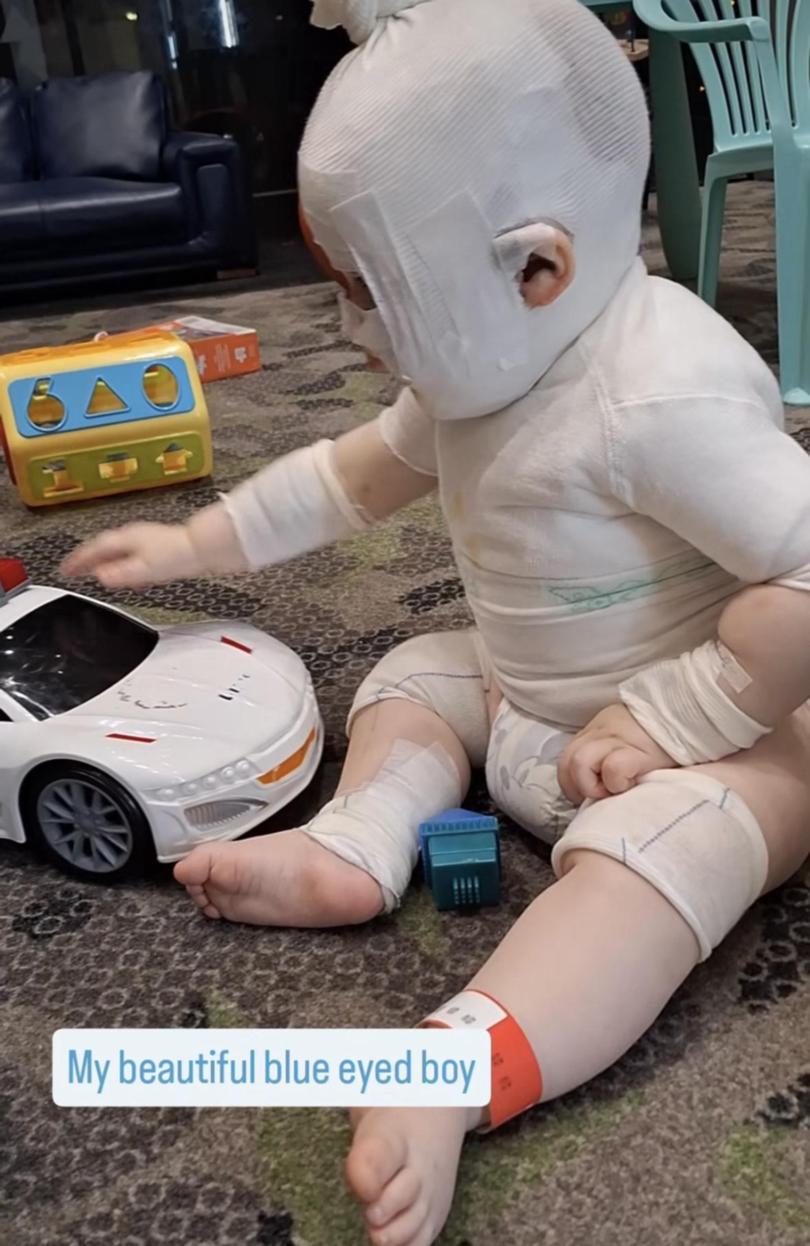
“I play it over in my head constantly,” she said. “Last night, I had a panic attack thinking he’s going to hurt someone else because he’s out there. If he can do this to an innocent baby, he can do a lot worse.”
In April it was another real-life horror story when nine-month-old Harriet was stabbed in Sydney’s Bondi Junction attacks by a man with a history of mental illness who was suspected of targeting women.
Her mother, Ashlee Good, died of her own wounds only after handing Harriet over to strangers, begging them to save her. They did.
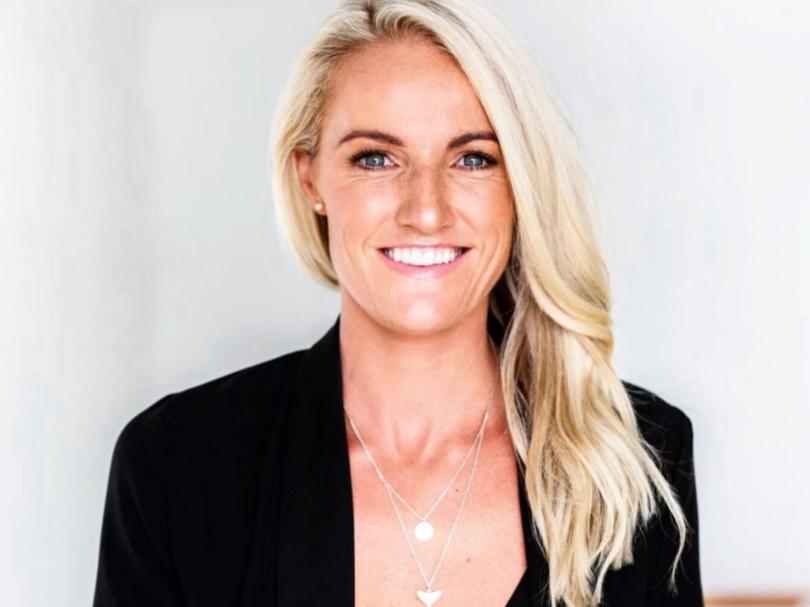
Then there were the Perth mums attacked while pushing their babies in prams in two separate attacks.
In August a woman was assaulted by a stranger outside upmarket City Beach restaurant Odyssea The victim grazed her hand and arm but her baby was unharmed.
And in 2022 a sickening assault on a pregnant woman out with her twin toddlers in Ashfield was caught on CCTV, bringing every mother’s worst nightmare horrifyingly to life. The mother was grabbed by her hair and pulled backward onto the ground, causing the pram with her two-year-old twin girls to tip over.
Less random, but no less horrific, are the domestic violence attacks that target children.
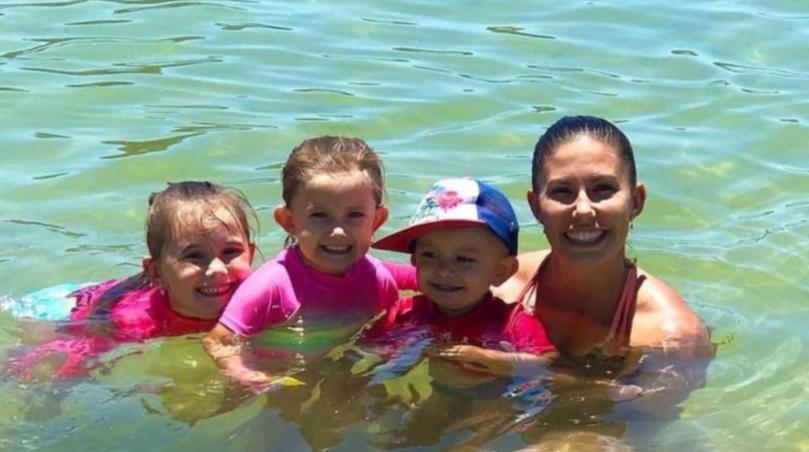
No parent who heard the story of Rowan Baxter pouring petrol on his three children before setting them — and their mother Hannah Clarke — alight will ever forget it.
There is no single answer to explain why someone would want to hurt a child. In the case of the Bondi Junction attack, the killer may have been targeting women. Similarly, abusers sometimes kill even their own children as a way to punish a current or former partner.
Criminal psychologist Tim Watson-Munro told Sky News the Brisbane coffee attacker may have been “attention seeking” or acting out of hatred for babies and children. “(It’s) not normal behaviour, it’s vicious,” he said.
These attacks can leave victims and their families understandably traumatised.
But they can also have a knock-on effect for both first responders dispatched to heartbreaking scenes, and parents who might only have learned about the incidents through news reports — particularly if they are already struggling with anxiety about their child’s safety.
Psychologist Sarah-Jane Duryea specialises in perinatal psychology and trauma. She said the human brain is wired to attach to babies, which is why incidents where they are threatened or hurt can have such a traumatic effect.
“When we read or see stories like this in the news it’s so horrific because there’s something about the vulnerability of a child: they’re so innocent you can’t wrap any reason about it,” she said.
“Our number one job as parents is keeping our child safe so when you hear stories like that you can’t help but think what would that be like. The brain doesn’t distinguish between, oh, that is someone else and not me . . . so we feel what they feel and identify that way, which is extremely distressing.”
Tarmala Caple is a former police officer turned clinical psychologist. She said it was normal to have a “what the?” reaction to such stories but also possible for empathy to spiral into something more serious.
“We have this natural protective instinct towards children and particularly towards babies,” she said.
“Our brains can’t make sense of something like that happening. Some guy knocking a lady down and stealing her handbag — we may not like it but it makes sense to us. But we can’t make sense of how someone can hurt someone so defenceless.”
Reading or watching TV reports about attacks on babies is enough to make ordinary people anxious.
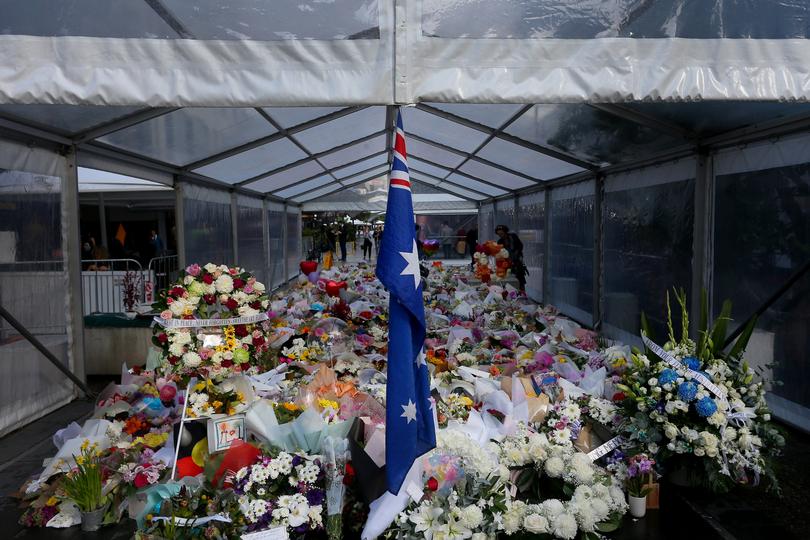
Ms Caple, who works with first responders, said for police officers, paramedics and firefighters that effect can be multiplied.
“You’ve got all the emotion everyone else does but you have to be professional,” she said. “Part of what happens is first responders are never taught that this emotional detachment is necessary but how do you turn it off? They push it down, don’t deal with it and over time it can lead to burnout and compassion fatigue.
“It’s even more difficult if you are a parent. I’ve had guys who’ve gone to a job involving a child and they’re making it personal: it might be the age, gender or hair colour of a child that reminds them of their child … what then happens is every time they see their child the event starts playing out in their mind or they see their child and they see the other’s child’s face.
“As first responders, you don’t see the good side of society very often … you start seeing the world as a dangerous place and they don’t trust people. And as a parent (you think) ‘I can’t protect my child from danger’ so they will often become quite over-protective.
“I’ve even seen some first responders who decide not to have children because they feel like they can’t protect them.”
Attacks on children remain comparatively rare in Australia
Ms Caple and Ms Duryea said there was no one-size-fits-all approach for dealing with this kind of trauma. However, the ability to debrief or talk about your anxiety — ideally to a trauma-informed professional — was important, as was limiting exposure to the 24-hour news cycle.
With studies suggesting 90 per cent of new parents have frightening thoughts about their child’s safety, few parents can escape anxiety altogether.
Months before Ms Good was murdered she articulated as much in a prescient social media post.
“It’s almost too much to put into words,” she wrote. “The love. The happiness. The fears . . . it’s like experiencing your heart swell with love whilst navigating anxiety for the first time.”
Originally published on The Nightly
